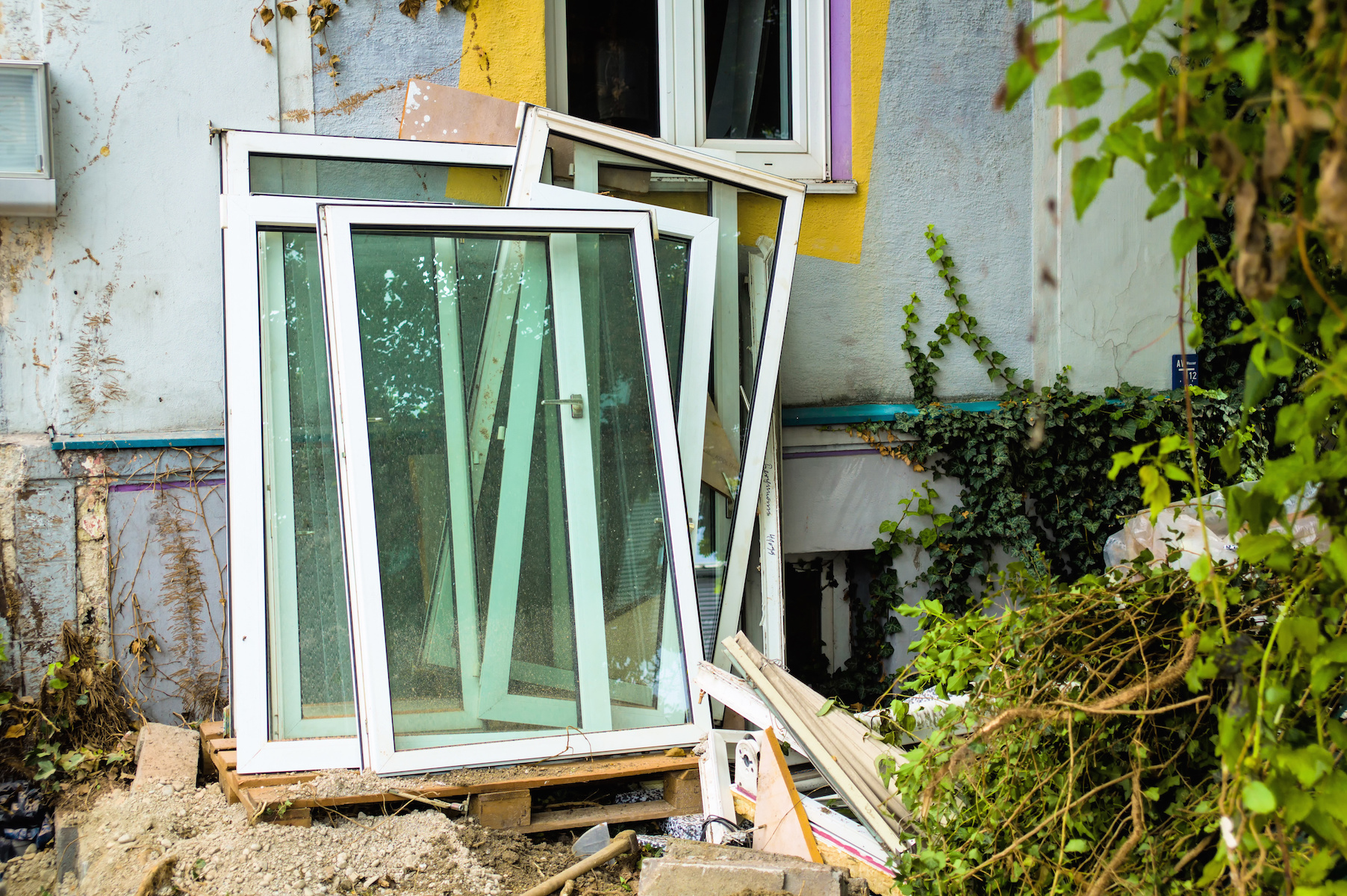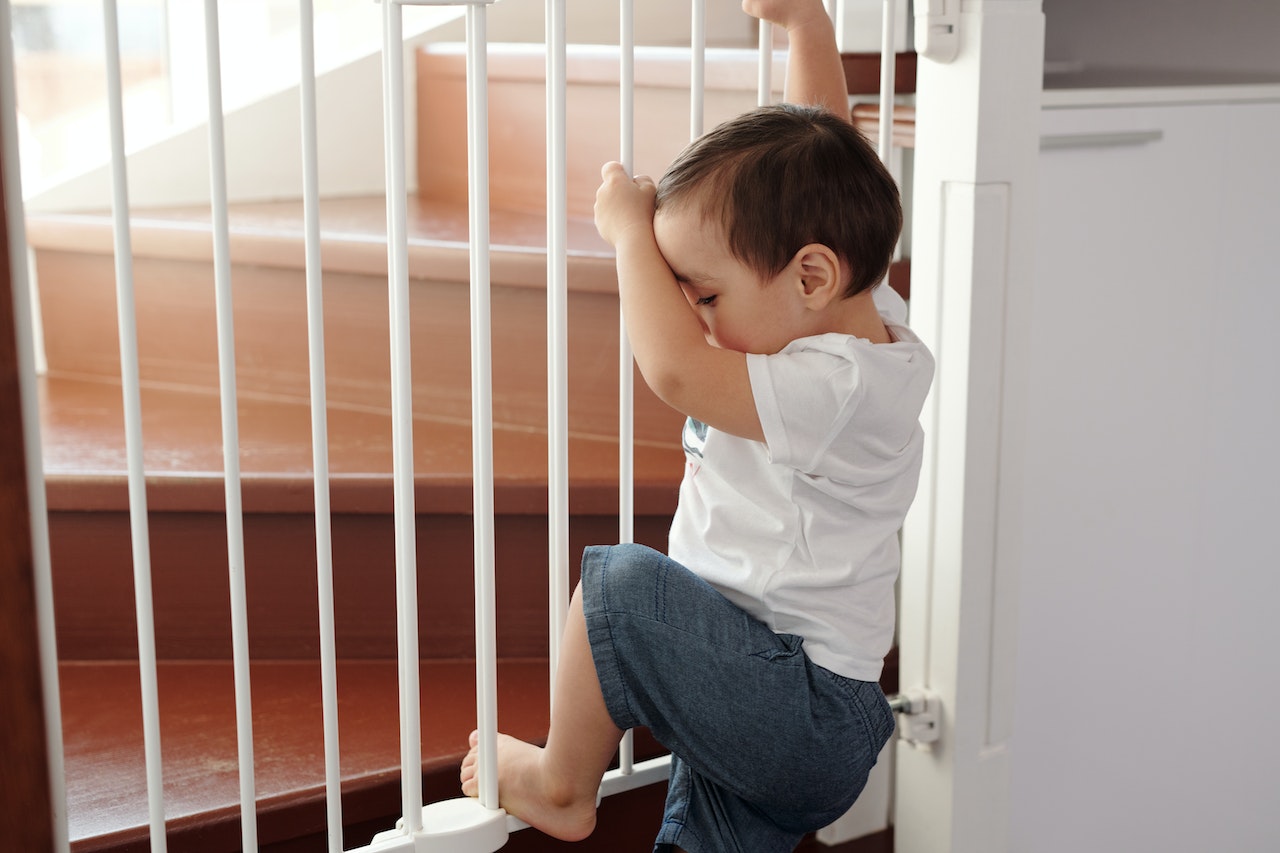It’s a scenario we never anticipate but powerful storms happen, so it’s important to know what to do if you come home and find that a storm or spring flooding has damaged your home.
First, stay calm. Don’t touch anything until you are sure there are no fallen power lines or other hazards on your property.
Evaluate the structure. Make sure your home is structurally safe. Don’t enter your home unless you’re certain it is safe. Examine your property carefully and prepare a list of damage to show your insurance adjuster.
Call your insurance company immediately after the storm and get their advice on what to do next. If your home is uninhabitable, find out what living expenses the insurance company will pay for.
If necessary, make arrangements to have temporary repairs made to prevent further damage and be sure to keep all your receipts because your insurance company is likely to reimburse you for them. But permanent repairs should wait until the insurance company’s adjuster has inspected the property. Remember, the contractor going door-to-door with “storm specials” may not be reliable and the lowest bidder may not do the best job. Always make sure your contractor is registered with the state. It’s a good idea to get references and ask how the contractor has resolved problems if there were any in previous jobs. Pay no more than 10 to 20 percent down for repairs – it’s a good way to help control the quality and timeliness of your project.
Take an inventory of your possessions and the property. If you have a list or videotape that was prepared before the storm, compare that to your new list. Record any damage and document it with photographs or videotape. If you have canceled checks or receipts that prove the value of damaged items, collect them to give to your insurance company when you file your claim and be sure to give yourself enough time to add to the list as the days go by. It can be difficult to accurately notice everything that may be damaged or destroyed in the first few hours after a disaster. Never try to pass off previous damage as something that just occurred. Adjusters can tell the difference. If you’re not sure, point it out and make it clear you had not noticed the damage before the incident.
Call creditors if bills have been lost or you are unable to make payments in time. Ask your utility company to stop billing you if your home is uninhabitable or if it has been destroyed. Some insurance companies will declare a moratorium on homeowners’ premiums in areas that have sustained widespread storm damage so that policyholders can spend their money on repairs instead.
Read Related: 5 Things You Need to Know About Water Damage
This article originally appeared on the Master Builders Association (MBA) of King and Snohomish Counties.




